This article is part of our Nutrition + Dining series. Here we explore holistic health topics and share favorites from aligned restaurants – and farms.
Regenerative farmers restoring the land
Have you met a regenerative farmer?
These passionate farmers are reclaiming long-neglected, depleted land and are reviving it through regenerative practices centered around pasture-raised animals.
The headlines or guidelines that focus on “eating less meat” overlook this practice where animals can be central to carbon capture (not emission!).
Per our prior post on sustainable, pasture-raised eggs, some of the best products come from sustainable farms with no labels or certifications, just happy hens and animals. We interview one such farmer here.
Regenerative farming goes beyond organic to focus on improving the health of the land and animals and worker wellbeing. Rotational pasture management, cover crops, and more are used to restore nutrients to the soil. Regenerative farming focuses on raising animals the way nature intended.
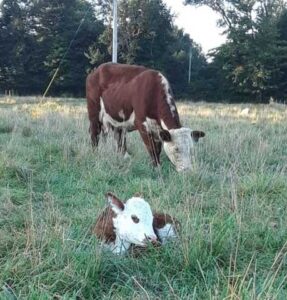
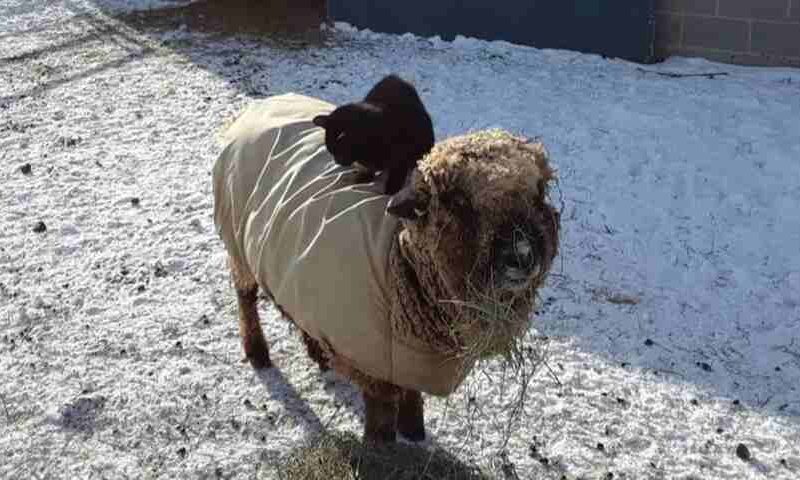
Willow Farms (Homer, MI): regenerative farming in action
Farmer Kyle knows her way around a farm.
She’s a second-generation farmer on a mission to do her part to help heal the land.
Working alongside her parents (both farmers of 40+ years), Kyle Brisendine oversees Willow Farm in Homer, MI, where they raise grass fed beef and lamb, and pastured pigs and poultry. The products are sold through their onsite farm shop along with wool fibers and yarn from the sheep.
Willow Farm sits on reclaimed land that was once degraded by the prior owner’s conventional farming practices and harsh chemicals.
Kyle & her family have since revived the land and restored biodiversity and nutrients through rotational grazing.
Given our recent focus on pasture-raised eggs, we asked Kyle a few related questions.
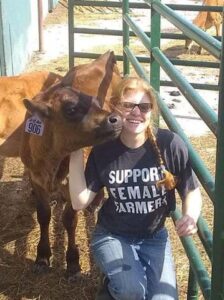
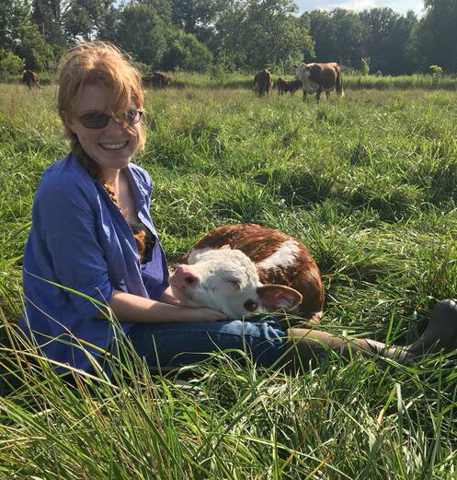
Q: What's one surprising thing about pasture-raised eggs and chickens?
A: They’re seasonal!
Each hen will lay an egg roughly every 26 hours.
However, when daylight starts decreasing, egg production starts to decline.
By the time we reach December and January, we are collecting very few eggs.
As we head towards Spring and longer days, egg production will start to pick up again.
Q: Given the seasonality, how do you manage your supply through the shorter days of Winter?
A: We don’t!
We do absolutely nothing to manage the “off-season” and choose to let the hens have the break as nature intended.
It is possible to encourage hens to lay year-round by having a light in the chicken coop at night, and this can be a common commercial practice – but honoring nature is most important to us.
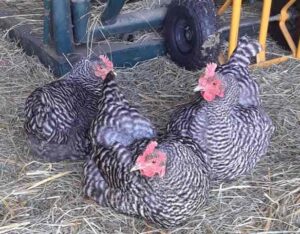
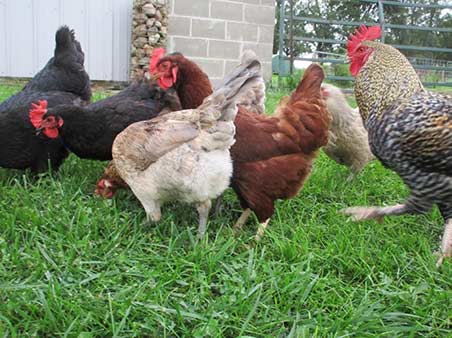
Q: One thing you wish more people knew about pasture-raised eggs?
A: They’re more nutritious! (and delicious)
The yolks of pastured eggs are naturally a vibrant orange color – not the pale yellow you see otherwise.
These vibrant orange yolks are indicative of the high level of nutrition in pastured eggs.
(we couldn’t agree more on both their superior nutrition and taste)
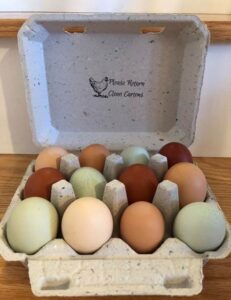

Q: Why do you have chickens and cows? Do they complement each other?
A: They work in harmony as part of our system to help restore the land!
Flies are naturally attracted to the cows grazing and the manure they produce.
By having the chickens follow the cows, the chickens have the opportunity to eat the flies and larvae.
This lessens the fly burden for the cattle and reduces the risk of diseases spread by flies.
The chickens benefit by supplementing their diet with the flies and bugs and enjoying the time outdoors.
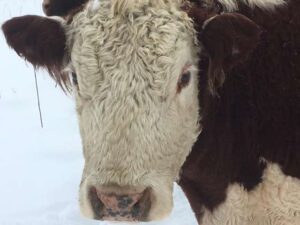
Q: What go-to resources do you recommend on regenerative farming, for those curious?
For those confused about cows, methane, and climate change, Defending Beef by Nicolette Hahn Niman is a fabulous resource.
**It’s key to know that regenerative farming and true pasture-based systems are a whole different ‘animal’ from the cows and ‘meat’ implicated in climate change.**
Also, White Oak Pastures released an important study demonstrating how grass-fed beef is a carbon-negative food.

All photos courtesy of Willow Farm
Tracking all the regenerative eats and good eggs out there...
We’re fans of all things healthy, sustainable, and delicious – particularly in keeping to a whole-food, anti-inflammatory lifestyle.
Beyond where to find pasture-raised eggs and regenerative meats on menus near you, our Mobile App tracks where to find beautiful nutrient-dense salads, veggies, and much more.
Don’t miss your chance for priority access! We’re live throughout San Francisco Bay Area, NYC, and LA. Plus Denver/Boulder, 30-A, South Orange County, Dallas, Charlotte, and more per demand.
Subscribe now for access and tell us where you want us next.
Our first 500 subscribers enjoy a discounted annual rate ($29.99) as thanks for your early support!
Get the Healthy Anywhere App

iOS mobile: App QR code
Not ready to join?
Follow our progress and be first to know when we’re live near you.
Discover the best healthy, sustainable, and delicious food near you.
Healthy Anywhere
Conscious. Clean. Curated.™

Pingback: 4 reasons you should be eating sustainable pasture-raised eggs